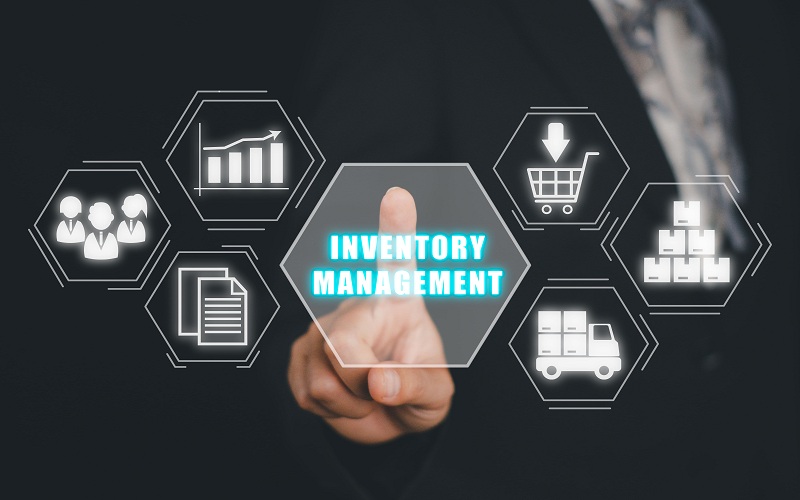As a retailer, your inventory is both your biggest asset and biggest headache. Having the right products stocked at the right levels is crucial for sales, but tying up too much cash in inventory can strain your finances. Implementing an effective inventory management system allows you to strike that ideal balance.
What is Inventory Management?
Inventory management is the process of sourcing, storing, tracking, and selling your merchandise in an organized, cost-effective way. The goal is to ensure you have sufficient stock levels to meet demand while avoiding surplus overstock that ties up capital unnecessarily.
An inventory management system coordinates all the strategies and tools used for tasks like forecasting inventory needs, organizing warehouse space, tracking stock counts, and replenishing depleted items.
The Benefits of Getting it Right
Proper inventory management delivers big advantages that can have huge impacts on your retail business. Some of these are outlined below.
Meeting Customer Demand
Having the right inventory levels matched to demand means you can fulfill customer orders seamlessly without frustrating stock-outs or back-orders.
Cost Savings
Not overstocking minimizes storage costs, product obsolescence, spoilage, and cash flow constraints. You tie up less capital unnecessarily.
Space Optimization
Analyzing inventory data guides smarter purchasing and storage plans to make the most efficient use of your available warehouse/backroom space.
Inventory Management Essentials
Creating an effective inventory management system requires implementing the right combination of strategies, processes, and tools, such as:
Sales Forecasting
Analyzing historical sales data, trends, and other market signals gives you visibility to forecast ideal inventory mixes and quantities.
Inventory Tracking
Barcode scanning systems and inventory management software provide real-time data tracking your stock quantities and locations.
Replenishment Ordering
With accurate forecasting and sales data, you can set automatic reorder point notifications to avoid stock-outs.
Vendor Management
Nurturing strong supplier relationships ensures seamless inventory replenishment and the ability to capitalize on bulk purchasing opportunities.
When Does Bulk Purchasing Make Sense?
One key strategy for many retailers is making calculated bulk purchases of high-demand items directly from manufacturers or wholesalers. But it is not always the right move.
The Benefits of Bulk Buys
Potential bulk purchase benefits include:
- Deep discounts compared to standard wholesale pricing.
- Locking in fixed pricing over a certain period.
- Ensuring access to highly allocated/limited stock.
- Simplifying ordering and reducing shipping/receiving costs.
Bulk Buying Risks
There are also risks like:
- Tying up more capital in excess on-hand inventory.
- Potential product obsolescence if items don’t sell through.
- Added storage/warehousing costs for large quantities.
- Less pricing/product refreshing flexibility in the interim.
Identifying Bulk Purchase Candidates
To weigh the pros and cons, examine items with high, consistent sales velocities and forecasted long-term demand like basic clothing pieces, seasonal accessories such as bulk sunglasses, or replenished hard goods. The experts at OE Sunglasses say that crunching historical sales data illuminates which specific shades, styles, and colors are your top sunglasses sellers that could justify deeper bulk buys to cash in on quantity discounts.
Inventory Management Tech
While manual processes can work for very small retailers, most businesses need dedicated inventory management software to accurately track and control inventory.
Point of Sale (POS) Systems
Many POS systems have integrated inventory control functionality, automatically updating quantities as each sale is rung up.
Inventory Management Platforms
More robust solutions consolidate all inventory functions like order management, supplier integrations, asset tracking, and analytics/reporting.
Barcode Scanners
These are crucial tools for accurately tracking product quantities as items are shipped, received, and sold through barcode scans.
To conclude, putting in the effort to implement a strategic inventory management system pays off through increased sales, lower costs, and maximum efficiency across your retail operation.

